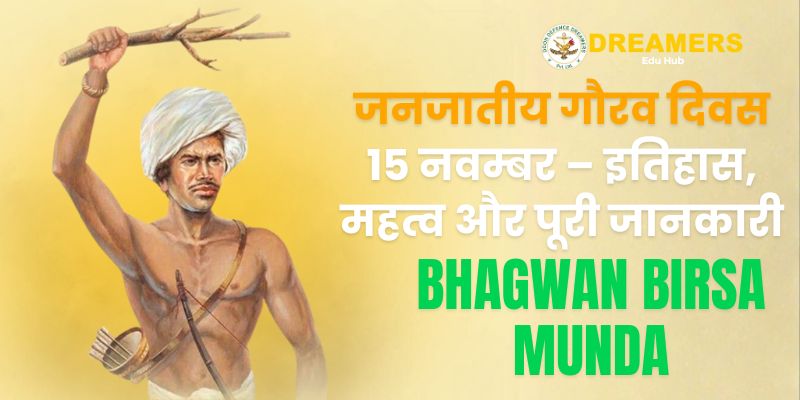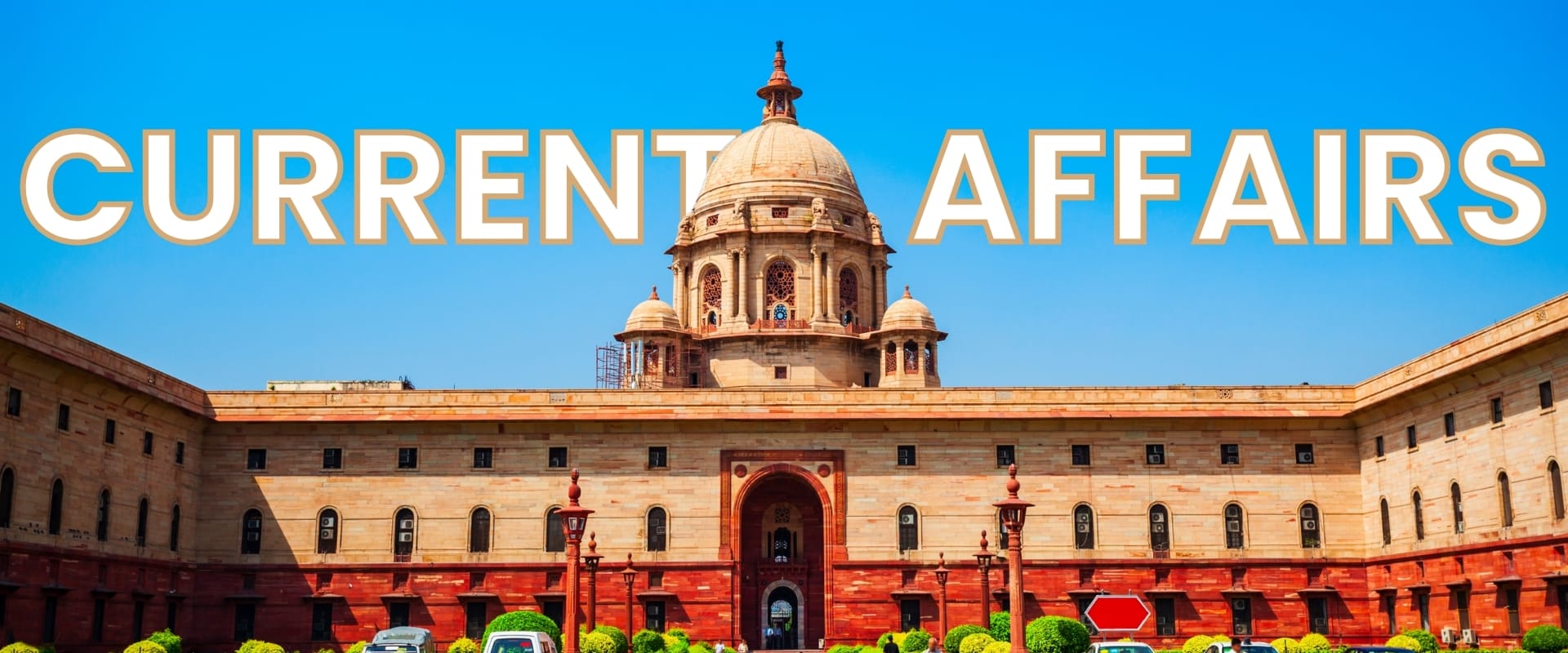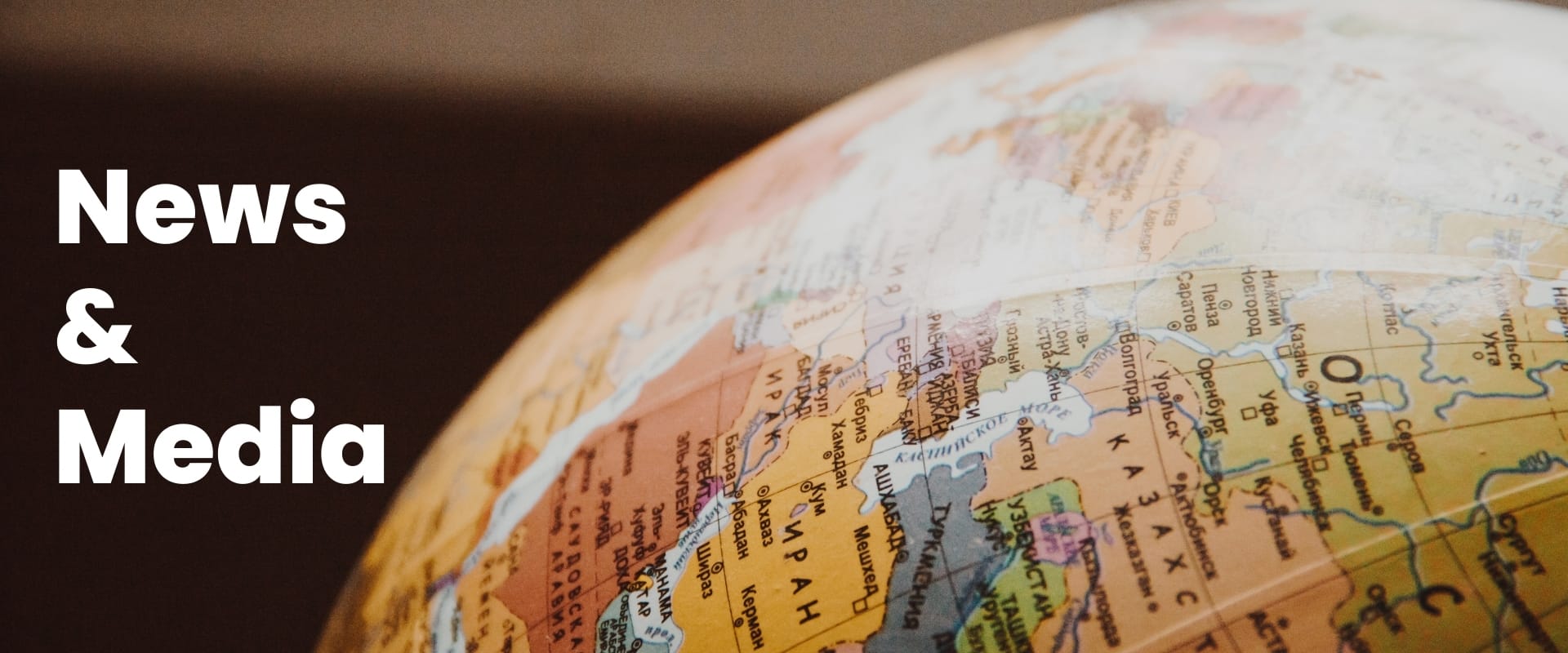India’s freedom and identity were not built only by big cities, famous leaders, or grand movements. Forests, mountains, and remote regions where tribal communities live have also shed their blood and sweat for the nation. To honour the struggles, sacrifices, and rich culture of these tribal heroes, “Janjatiya Gaurav Diwas” is celebrated every year on 15 November. This day reminds us that the real strength of India lies in its diversity and in the respect given to every community.
What is Janjatiya Gaurav Diwas?
Janjatiya Gaurav Diwas is a national day that is celebrated every year on 15 November across the country. The main objective of this day is to honour the contribution of India’s tribal/indigenous communities, especially their role in the freedom struggle, social reforms, culture, and environmental protection.
For many years, the struggles of tribal heroes did not get the space and recognition they truly deserved. Keeping this in mind, the Government of India decided that there should be a special day dedicated entirely to the pride, struggle, and identity of tribal society. That thought ultimately took shape as Janjatiya Gaurav Diwas.
Why is Janjatiya Gaurav Diwas celebrated specifically on 15 November?
15 November is not just another date on the calendar; it marks an important chapter in history. On this very day, the great tribal freedom fighter Bhagwan Birsa Munda was born.
At a very young age, Bhagwan Birsa Munda led a powerful movement against British policies, land-grabbing laws, and the atrocities committed on tribal communities. The message behind celebrating his birth anniversary as Janjatiya Gaurav Diwas is very clear:
- Tribal heroes do not belong to just one state or region,
- They are a source of inspiration for the entire nation.
Thus, this day celebrated on 15 November not only remembers the legacy of Birsa Munda, but also honours the contribution of the entire tribal society.
Bhagwan Birsa Munda – “Dharti Aaba” and a symbol of tribal self-respect
To truly understand Janjatiya Gaurav Diwas, it is very important to understand the life of Bhagwan Birsa Munda.
He was born on 15 November 1875 in Ulihatu village in the present-day Jharkhand region. He belonged to the Munda tribe, and from childhood he could clearly see the injustice, forest policies, land grabbing, and socio-religious pressure faced by his community.
With time, he became not just a leader, but also a spiritual and social guide for his people. The tribal society lovingly calls him “Dharti Aaba”, which means “Father of the Earth”. This title shows how deeply he is regarded as a protector and guardian of his people.
The movement he led, called “Ulgulan” (meaning “Great Revolt”), was not just a political struggle. It was a massive uprising to protect tribal identity, land, forests, and dignity. Unfortunately, he passed away at a very young age, around 25 years, but even in such a short life he awakened a strong sense of consciousness and pride across the tribal regions of the country.
That is why his birth date has been permanently established as Janjatiya Gaurav Diwas, so that the nation bows its head every year in his memory and in remembrance of all other tribal heroes.
Contribution of tribal communities in the freedom struggle
When we study the freedom struggle, we mostly come across the names of big cities and national leaders. But the truth is that many major revolts and movements took place in tribal regions as well, which openly challenged British rule.
In Jharkhand, Madhya Pradesh, Chhattisgarh, Odisha, Gujarat, Rajasthan, the north-eastern states, and several other regions, tribal communities resisted the British in their own powerful ways.
Their struggle was not limited to just saying “British, leave India”. It was also for:
- Rights over their land,
- Protection of forests and natural resources,
- Freedom to follow their own language, customs, and religion.
Many revolts and movements led by different tribal groups were extremely strong at the local level, but they did not receive enough space in mainstream history. Janjatiya Gaurav Diwas brings these forgotten struggles back into the spotlight and sends a clear message:
India’s freedom was not won only on the plains and in cities, but also in the mountains and forests.
Why is Janjatiya Gaurav Diwas important in today’s time?
Some people may wonder: now that India is free, why is Janjatiya Gaurav Diwas still so important in today’s era?
In reality, this day is not only about remembering history; it is also about changing our mindset.
Even today, tribal communities are often labelled as “backward” or “far from the mainstream”, whereas the truth is that their way of life, connection with nature, sense of community, and simplicity hold powerful lessons for the modern world.
Janjatiya Gaurav Diwas teaches us that:
- Development does not only mean big buildings and roads,
- Development also means that the identity and dignity of every community remain protected.
Traditional knowledge of tribal communities – such as their understanding of forests, their use of herbs and medicinal plants, and their balanced use of land and water – is extremely important for environmental protection and sustainable development in today’s era.
This day inspires young people to look at tribal society not just through “breaking news” or headlines, but with genuine respect and understanding.
How is Janjatiya Gaurav Diwas celebrated in India?
On 15 November, Janjatiya Gaurav Diwas is celebrated in many different ways across India.
At the national level, government programmes are organised where Bhagwan Birsa Munda and other tribal heroes are remembered and honoured. Cultural events feature tribal dances, folk songs, traditional musical instruments, and ethnic attire as the main highlights.
In many places, awareness rallies, exhibitions, seminars, and lectures are organised, where historians, social workers, and students come together to discuss tribal history and present-day challenges.
At the state and local levels, especially in tribal-dominated areas, this day turns into a kind of festival. Village-level programmes, performances by local artists, traditional food, handicraft fairs, and cultural evenings all work together to convey the message that tribal culture is a treasured heritage of India.
Schools and colleges organise essay competitions, speeches, poster-making, skits, and quiz contests. The aim of these activities is to help children and youth understand that Janjatiya Gaurav Diwas is not just a date on the calendar, but a day of pride and gratitude.
Important points for students and competitive exam aspirants
Students preparing for GK/GS or for competitive exams like UPSC, State PCS, SSC, Defence exams, etc., should pay special attention to some key facts related to Janjatiya Gaurav Diwas. You can definitely add these to your notes:
- Janjatiya Gaurav Diwas is celebrated every year on 15 November.
- This day is especially dedicated to the birth anniversary of Bhagwan Birsa Munda and to honour the contributions of tribal communities.
- The Government of India officially started observing it in 2021.
- Objective – to bring the struggles, sacrifices, and culture of tribal heroes into the mainstream.
- On this day, cultural programmes, rallies, seminars, and academic activities are organised across the country.
Remembering these points is very useful from an exam point of view.
Conclusion – What does Janjatiya Gaurav Diwas teach us?
Janjatiya Gaurav Diwas reminds us that the foundation of a strong nation is not built only with buildings, roads, or technology.
It is built on the hard work, struggles, and cultures of millions of people who nurture it with their blood and sweat.
This day teaches us that:
- Tribal society is an inseparable part of India’s identity.
- Without them, the story of India’s freedom, culture, and environment is incomplete.
- Their stories of struggle, their folk traditions, and their love for nature are still a guiding light for us.
When we celebrate Janjatiya Gaurav Diwas on 15 November,
it is not just a formal historical ritual;
it is a promise –
that we will not only remember our roots, our tribal brothers and sisters, and their contributions,
but also continue to carry forward the voice of their dignity and rights with strength.
Frequently Asked Questions (FAQs) – Janjatiya Gaurav Diwas
1. When and why is Janjatiya Gaurav Diwas celebrated?
Janjatiya Gaurav Diwas is celebrated every year on 15 November. It is observed in memory of the struggles, sacrifices, and contributions of tribal communities, as well as the birth anniversary of Bhagwan Birsa Munda, so that their pride and history can reach future generations.
2. What is the main objective of Janjatiya Gaurav Diwas?
The main objective of this day is to honour the contribution of tribal communities in the freedom struggle, social reforms, culture, and environmental protection. It also aims to bring tribal history and culture into the mainstream and to build awareness and a sense of pride among the youth.
3. How is Bhagwan Birsa Munda connected to Janjatiya Gaurav Diwas?
Bhagwan Birsa Munda is regarded as a great leader, social reformer, and freedom fighter of the tribal society. His birth anniversary falls on 15 November. That is why this day was chosen as Janjatiya Gaurav Diwas, so that he and all tribal heroes can be remembered at the national level.
4. In what ways is Janjatiya Gaurav Diwas celebrated in India?
On this day, tribute ceremonies, cultural events, seminars, rallies, and exhibitions are organised at national and state levels. Schools and colleges conduct essay competitions, speeches, skits, poster-making, and quiz contests. In tribal-dominated areas, the day is celebrated as a festival with traditional dances, songs, folk tales, and handicraft fairs.
5. Why is Janjatiya Gaurav Diwas important for competitive exams?
Many competitive exams ask questions in the GK/GS section about national days, important dates, personalities, and government initiatives. Janjatiya Gaurav Diwas is a relatively new but very important topic because it is connected to the freedom struggle, constitutional values, cultural diversity, and tribal policies. Therefore, its date, purpose, and background are very useful from an examination perspective.
Recent Blogs
Important Organizations and Their HQ (Headquarters)





























